
Who should get the updated COVID-19 vaccine? For starters, probably you. The Centers for Disease Control and Prevention recommends that everyone aged six months and older get the latest COVID vaccination. But some people are at higher risk, some people should wait a bit, and the recently released Novavax booster provides another protective option. It’s also important to know what the updated shots can and can’t do. These are eight things you should know before getting your COVID booster this year.
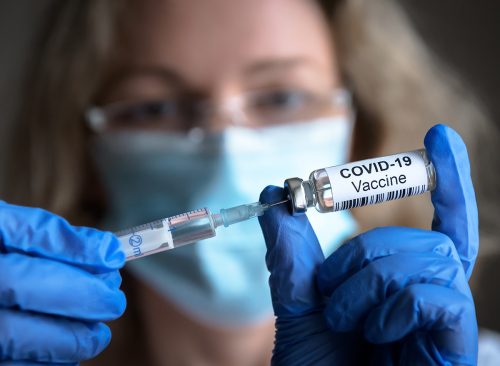
The new vaccines are targeted to the XBB.1.5 variant, a descendant of Omicron which dominated the U.S. earlier this year. That variant is no longer in circulation, but studies have found the booster still prevents severe disease from other Omicron variants that are currently predominant, including EG.5, FL.1.5.1, HV.1 and XBB.1.16.6.
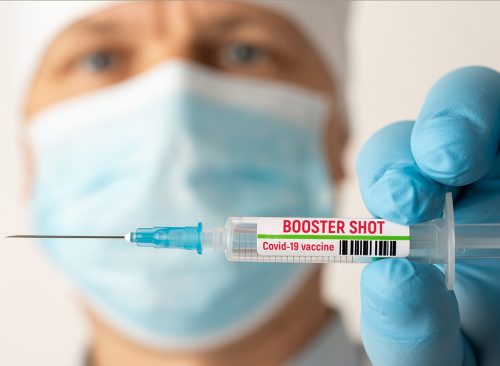
If you have a big event coming up you absolutely can’t miss, like a wedding, about three or four months from now, you should get vaccinated now. Although initial vaccines took about two weeks to take effect, subsequent vaccines will likely take less time because they remind an immune system that’s already primed, epidemiologist and immunologist Dr. Michael Mina recently told USA Today. But current vaccines will protect against infections for only about three months, so if that wedding or big European vacation is more than three or four months away, it’s a better idea to put off your booster a little longer, he advised.
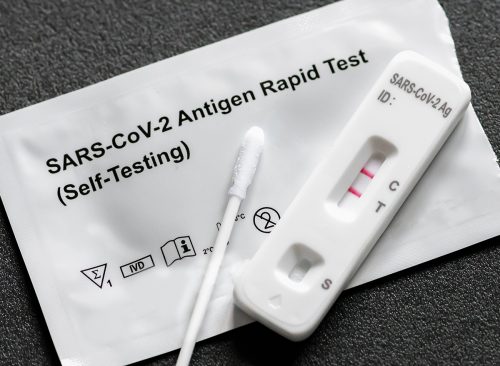
If you had a case of COVID-19 recently, you’ll have protection against another infection for about three to four months, studies suggest. Experts advise waiting two to three months after that infection to get the booster, although not longer than six months.
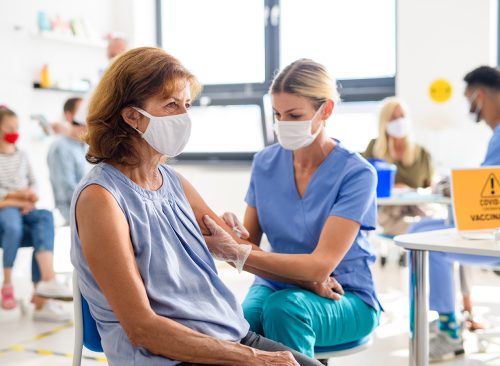
The CDC says it’s safe to get both the COVID and flu vaccines at the same time.
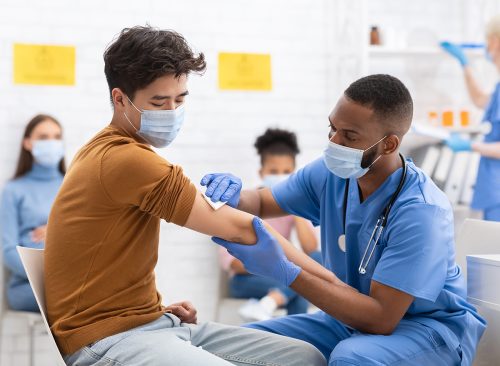
“There’s not much difference among the three authorized vaccines,” USA Today reports. “Two, from Pfizer-BioNTech and Moderna, are based on mRNA technology, which directs the body to make the spike protein found on the surface of the SARS-CoV-2 virus. The third, from Novavax, provides the same protein directly. All three remind the immune system what the spike protein looks like, so when an infection arrives, it will be ready to quickly respond.” If you have had rough side effects after getting an mRNA vaccine, you might consider getting the Novavax shot this time, John Moore, a professor of microbiology and immunology at Weill Cornell Medical College, told the news outlet.

As with earlier COVID vaccines, the updated shot may produce side effects. These can include a sore arm, fever, body aches, and chills. Experts say side effects are a positive sign that your body is creating an immune response.
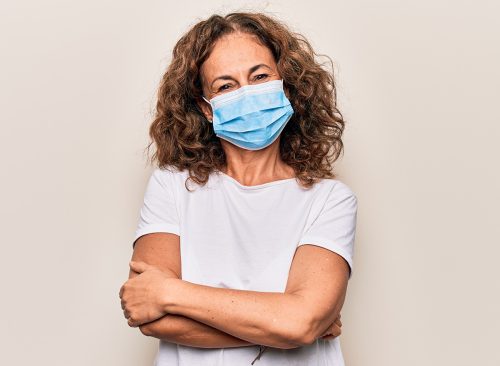
But conversely, if you don’t experience any side effects after your COVID booster, it doesn’t mean the shot didn’t work for you, experts say.
RELATED: Surprising Signs You’ve Already Had COVID

The biggest advantage of the COVID vaccine is that it provides significant protection against severe illness, hospitalization and death. Unfortunately, it doesn’t guarantee you won’t get infected with the virus. That means if you’re at high risk for severe illness—for example, if you’re immunocompromised or over age 65—you should still try to avoid becoming infected, experts say.














